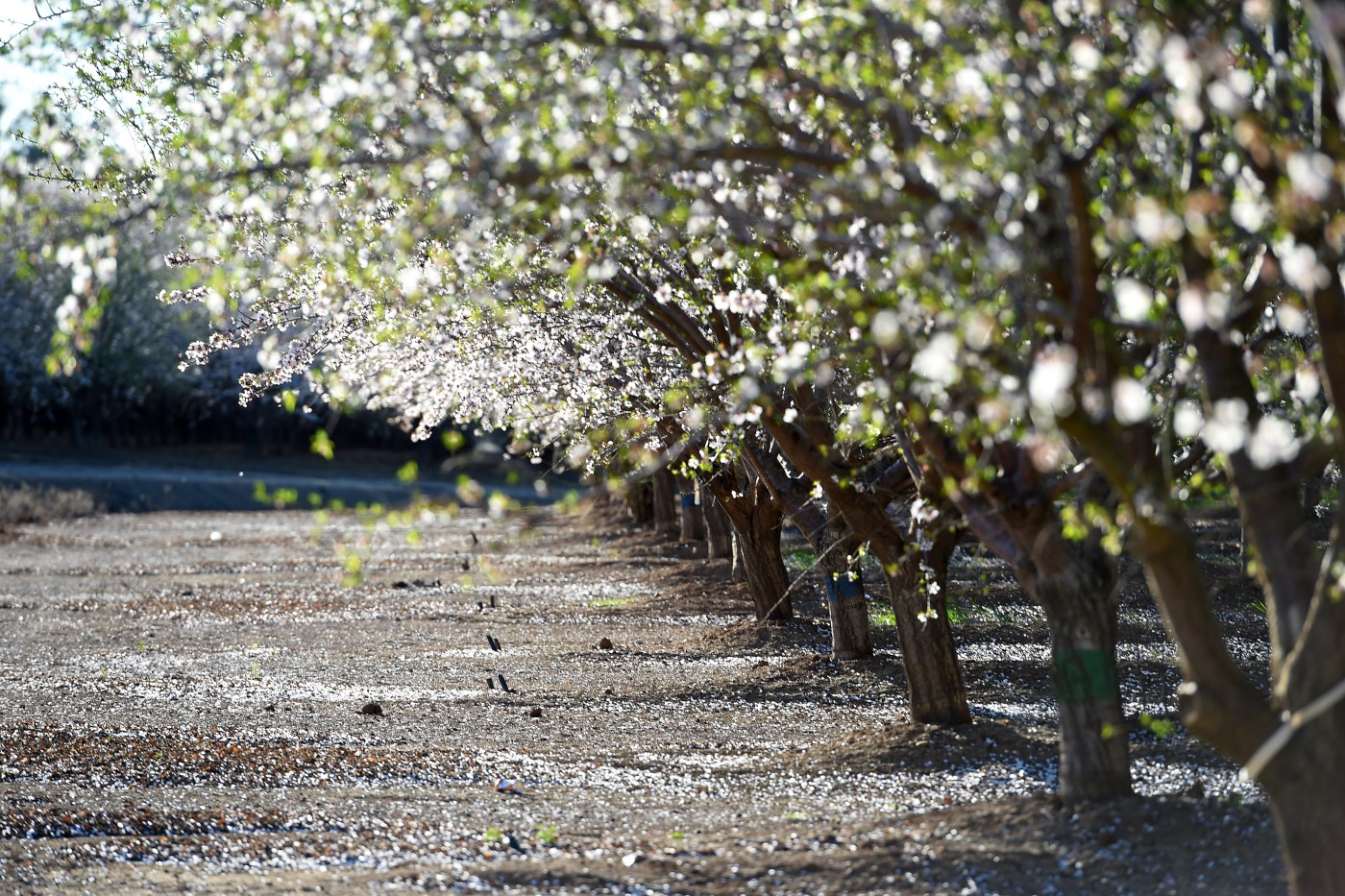
By Agnieszka de Sousa, Bloomberg
Chipotle Mexican Grill Inc. and Khosla Ventures LLC are among investors providing a fresh round of funding for a startup that makes fertilizer from ground almond shells.
Fremont-based Nitricity, founded by Stanford University graduates, announced Tuesday that it has raised $50 million to scale production of its organic and vegan fertilizer and expand across the US and into Europe. The company is targeting organic farmers amid heightened concerns over the environmental and health impact of agrochemicals, a movement boosted by Health and Human Services Secretary Robert F. Kennedy Jr.
Related Articles
In the sustainable age, how can batteries be safer? A company opening its HQ in East Bay says it has the answer.
Silicon Valley’s famous startup grind returns, with hours that can approach China’s infamous ‘996’
From anti-poverty crusader to $248 million fraudster: California investor pleads guilty to federal charges
Honda taps Silicon Valley startup in self-driving software deal
South Bay startup, CEO to pay $630,000 for improperly obtaining federal grant funds
“Our goal is to reduce emissions, promote healthy soils and help farmers improve yields,” said Nicolas Pinkowski, co-founder and chief executive officer. “There’s a lot of concern right now in the US about chemicals in and on foods. More and more people care not just about getting enough calories every day, but about making sure what they eat is healthy and safe.”
Conventional synthetic fertilizers are based on a century-old process that’s heavily reliant on fossil fuels. Producing fertilizers accounts for some 5% of global greenhouse gas emissions. Farmers overapplying them in their fields can cause nitrogen-laden runoff that pollutes water and the air.
Nitricity uses almond shells, which are rich in nutrients such as potassium. The company first combusts the shells, then “brews” them in water, creating what it calls Ash Tea. The product is made using clean energy, and production costs vary with the price of electricity. Overall, Nitricity says its emissions are at least 92% lower than those of some other conventional fertilizers.
The liquid is sent to farmers who dilute it and apply it to the soil. The company is trying to compete with fertilizers derived from manure, which bring heightened food safety risks, Pinkowski said. Production costs are competitive with commercially available organic fertilizers, though the company didn’t share pricing specifics. Nitricity says that Ash Tea increased yields by up to 30% in field trials.
Almond shells are abundant in California, the world’s top grower and where Nitricity is based. The state generates an estimated 850,000 tons of almond waste a year.
Other startups are also trying to make low-carbon fertilizers. They include Toopi Organics and NPK Recovery, which make fertilizers from human urine, and other companies that use insects or seaweed.
Nitricity’s Series B round, which brings its total funding to $100 million, exceeds the total funding that’s gone into alternative fertilizer startups through this June, according to estimates from BloombergNEF. Other funders include Change Forces and World Fund, with Nitricity being the first US investment for the European climate-tech fund.
Venture funding for sustainable food production has declined steeply from a 2021 high as companies struggle to bring down costs. Non-conventional fertilizers also have relatively small uptake, making up less than 2% of the US market due to their relatively low nutrient content, higher costs and limited yield results, according to research from Bloomberg Intelligence.
The new funds will enable Nitricity to start field trials across Europe, where it plans to use local agricultural waste materials like wood and leftovers from olive oil output. It’s breaking ground this week on a new factory in Delhi, California, that’s set to produce 8,000 short tons of liquid fertilizer annually.
More stories like this are available on bloomberg.com
©2025 Bloomberg L.P.